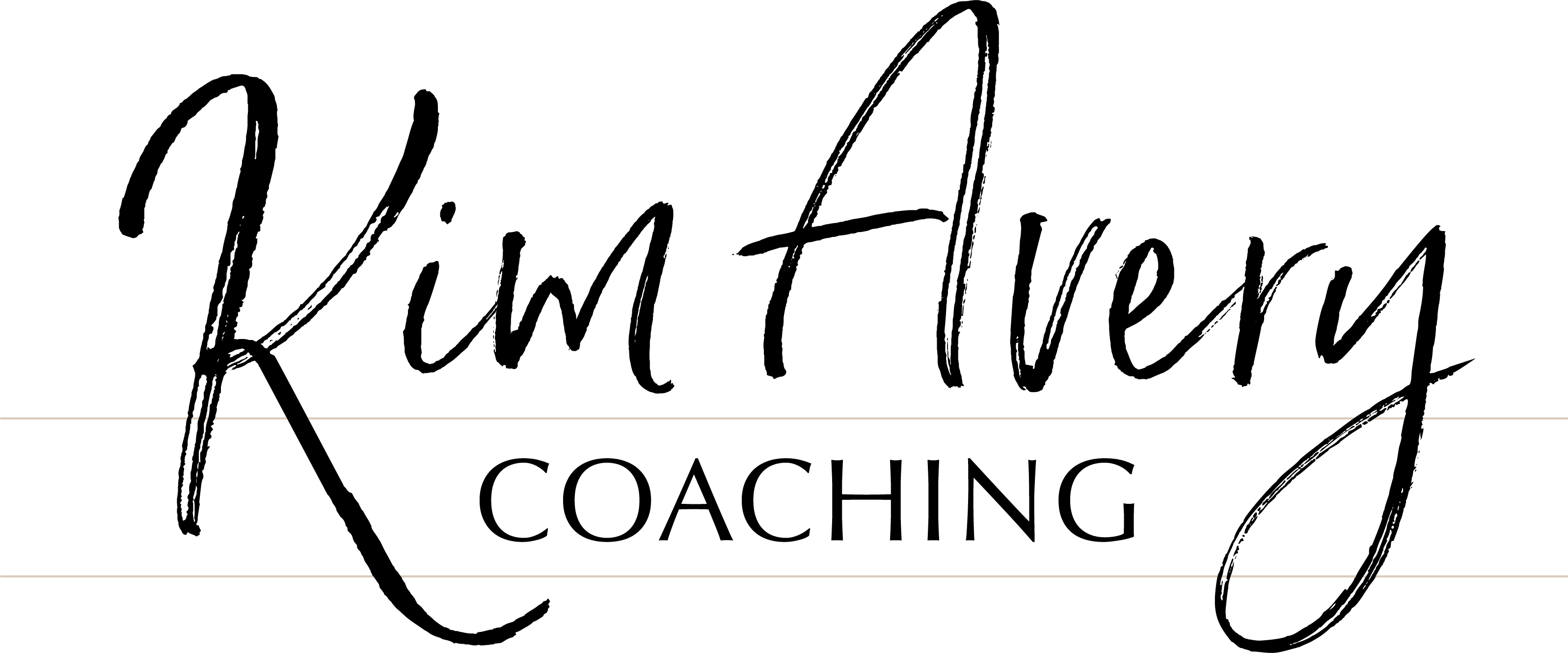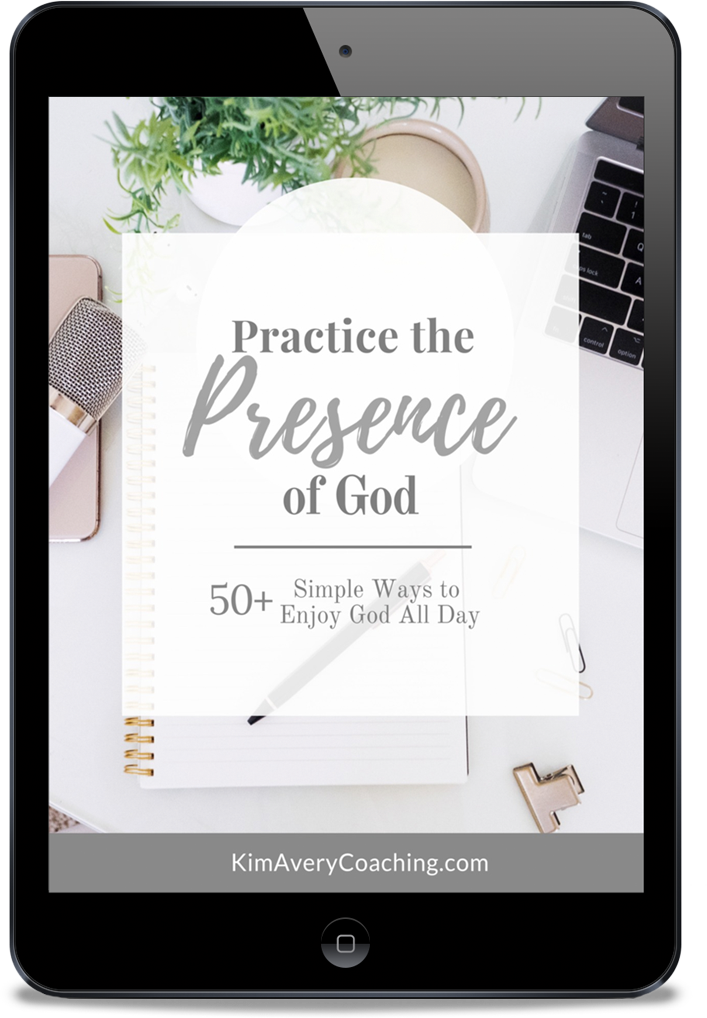 In Other Words, What Should I Know About SEO?
In Other Words, What Should I Know About SEO?
No doubt you have heard about SEO – Search Engine Optimization – and wondered what you need to do to show up on the first page of Google. I’m going to give you the inside scoop, but let me tell you, it’s a moving target!
The Importance of Links
Links used to be the golden key to getting your website ranked highly. Now… Not so much.
Early on, external links (other sites linking to you) were highly prized. The more the better. But then people started setting up “link farms” where they would charge you to have a link back to your site, and offshore workers would guarantee you thousands of links for a nominal sum. Google caught on and started penalizing sites that had junk websites linking to them. External links are still a good thing to have, when they come from solid sites.
A common strategy that is still used today, is to comment on other blogs with content related to yours. Sometimes that is helpful for SEO, and sometimes not. Depending on the settings of the blog you are commenting on, Google may or may not be able to see the link and follow it. You never know. So should you still comment? My personal opinion is yes, because it gets your name out there, if nothing else. And even if Google doesn’t follow the link, real people might.
Internal links used to be critical, too. That’s when one of your pages links to another one. Remember those websites that had a link to every other page on the website down at the bottom of an article? Google used to love that — all those links were like crack! Google couldn’t get enough, and ranked sites built that way very highly.
Over the years, though, Google has gotten smarter. And been to rehab. Now it likes to find links within the actual text of an article that go to related pages. It is no longer fooled by the “Twinkie” links down at the bottom.
So should you still link one page or post to another? Absolutely… IF it actually gives additional information on the same or a related topic.
What About Keywords?
Remember all the rules about keywords? Don’t use more than five. Make sure each keyword is actually used multiple times on the page. Definitely have the keyword in the title of the page/post. Be sure to bold the keyword at least once… Well, all that has changed, too.
Google is using something called “Latent Semantic Index,” or LSI, which means that it is smart enough to pick up on concepts and synonyms. That is great news for us, because it means that we can write normally without getting ourselves all tied up in knots trying to use those keyword phrases exactly and still sound like English is our native language.
But that doesn’t mean that you should ignore keywords altogether, either. If you have an SEO plugin that lets you enter a keyword, you should do that. And then try to use that word or phrase naturally when you write the content.
Should I Optimize My Images?
Currently the best practice is to make sure that your image filename has something to do with your topic. So instead of img00234.jpg, change it before you upload it so it is, for example, angry-boy.jpg.
Google can’t see your images. It can only see the code that makes the image display. So if you give it good information, it will be happier.
Is Content Still King?
In a word: YES!
Google’s goal is to provide its users with the most relevant results for their searches. If you consistently offer good, strong content, your likelihood of showing up in the results for a search using your keyword is good. But it is not instant. Getting ranked in Google is a marathon, not a sprint.
Here’s the bottom line…
Focus on creating content. A lot of it. Don’t give away all your secrets, of course, but if your website is about a topic you truly care about, share your passion. You know when somebody asks you a question and you say, “Oh, don’t get me started!” …well, this is where you can let it all out. Write about it in discrete chunks. Share what you know, because that is what people are searching for.
The other thing is that you need to give your visitors a good experience. Let your homepage be clear and not confusing with a bunch of messages about everything you can do. Make your navigation easy to understand and use. And make it clear what you want your visitor to do.
The last thing to be aware of is whether or not your site is “mobile friendly.” Google is now penalizing sites that are not mobile friendly. And what exactly is “mobile friendly?” If you site is NOT mobile friendly, then when you access it on your phone or tablet, it will look just like it does on a computer screen, only veeeeeerrrrry tiny. If that is the case, then you will want to check with your webmaster and get your site updated to a theme that is “mobile friendly.”
As I said at the beginning, SEO is a moving target. What works is always changing. But if you stick with the main thing — provide good, strong, valuable content, then the people who are looking for what you provide will probably find you.



0 Comments